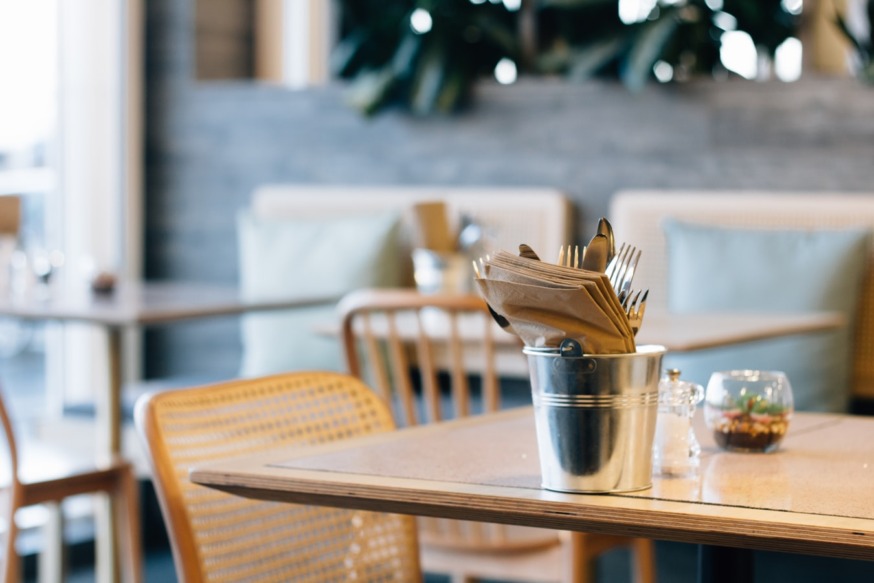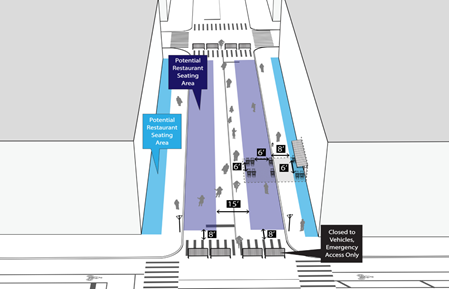
Indoor Dining Stock: Unsplash
June 29, 2020 By Christian Murray
The city’s plan to allow bars and restaurants to reopen their indoor space next week is now being called in question.
The sudden uptick in COVID-19 cases in other U.S. states has been linked to indoor dining, causing the mayor and governor to rethink the reopening timeline in New York City. The restaurants, subject to several restrictions, are currently allowed to reopen their indoor space when Phase 3 begins Monday, July 6.
“We all love indoor dining but we see problems,” de Blasio said at his City Hall briefing this morning. He said there have been a number of clusters in other states that have been linked back to bars and restaurants.
“California had made great progress, “he said, but “they now slipping back and they are changing the rules regarding bars and restaurants.”
De Blasio said that “we’re increasingly concerned” and that his team is working with the governor to re-examine the indoor dining rules for phase three. The rest of Phase Three—from the reopening of nails salons to dog runs—remains on track.
“We can do the outdoor dining on a much bigger scale, but the indoor we really need to examine closely and come to a decision in the next couple of days,” de Blasio said this morning.
The mayor said that the outdoor dining concept–dubbed “Open Restaurants” by the city– is working.
“We want to double down on outdoor dining,” he said, noting that 6,200 restaurants have applied and been certified for outdoor dining.
The city is in the midst of launching a program that combines Open Restaurants and Open Streets to promote outdoor dining. The administration aims to open 10 to 20 corridors that will be closed to vehicular traffic to permit expanded street dining.
Restaurants on these corridors will be able to go farther away from the curb than other Open Restaurants participants, and the rest of the streets will be open to pedestrian traffic.
The first streets to be part of the program are already closed to vehicles, being part of the existing Open Streets program. They are expected to be ready for street dining by the July 4 holiday weekend.
Additional streets will be closed under the program if restaurants and other groups coordinate through a single entity or partner group and show that it can be done safely. They are expected to be approved by Friday, July 17.
The City will quickly review applications and consult with elected officials and Community Boards to ensure safety and appropriate design.

Mayor’s Office
One Comment

It’s a pity we have leaders that haven’t the slightest idea about how anything works. “Cases” is a meaningless figure. Yes, “cases” are increasing but hospitalizations continue to drop. The virus is not as virulent as it was earlier (the perfectly typical behavior of virus outbreaks) and the vast majority of people infected show no symptoms whatsoever. You know, like every other flu season ever.
This one is not much different, except that we decided to destroy ourselves in a pointless and stupid lockdown that hasn’t done a thing to stop the INEVITABLE spread of the virus.